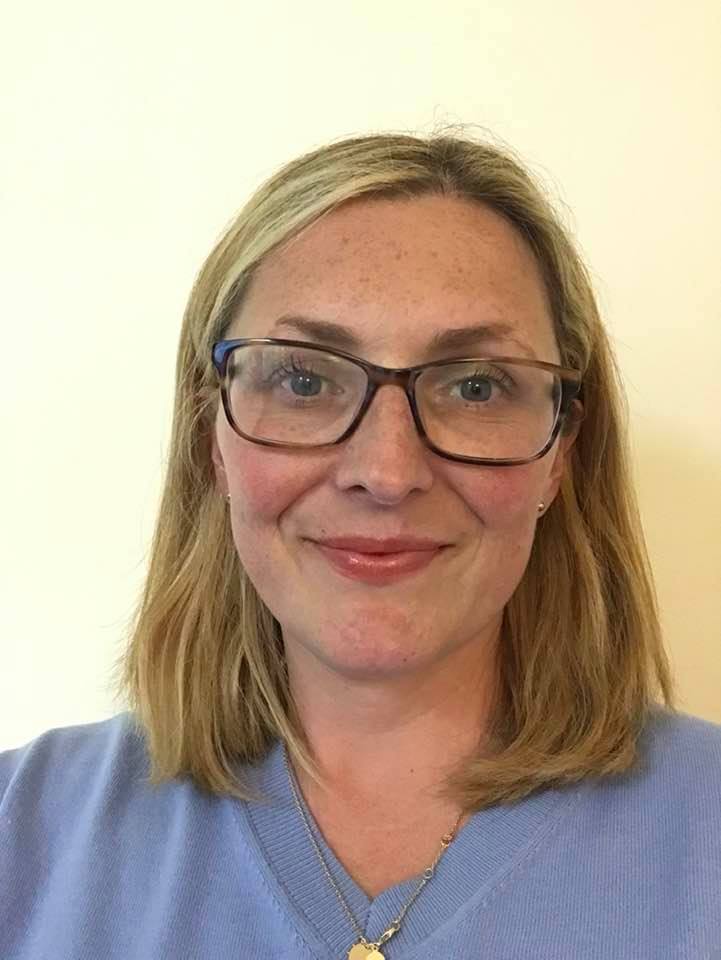#119 Miranda Eodanable Photovoice: Young People’s Experiences and Views of FASD
Aug 13, 2022
Have you ever wished you could understand how your loved one experiences the world? What do they think about their disability and what do they want others to understand? Today’s guest is going to help us do that. Last year, Miranda Eodanable was on The FASD Success Show to talk about a Photovoice Research Project she was about to undertake, asking young people to document their experience in pictures. In this episode, she shares the results from the group of eight individuals with FASD (ages 12 – 19 years old) who participated.
Miranda is an Educational Psychologist in Scotland responsible for neurodevelopmental assessment pathways with health services in areas of FASD and Intellectual Disabilities. She has worked in education systems for the last 20 years and has guest lectured on the Scottish Masters in Educational Psychology courses. Currently, she is working on a Ph.D. at the University of Edinburgh on the value and impact of an FASD diagnosis.

Parents are amazing advocates, they give great information, but where is the child’s voice in this? Where are their views? There is very little research on young people.
This project asked individuals with FASD to photograph their lives. Through these photographs, they shared what is essential in their lives at home, and school and what the diagnosis and disability of FASD mean to them. Be sure to click on the Project Website if you want to follow along as Jeff and Miranda discuss:
- The parameters of the project and how the participants were involved as co-researchers.
- The themes that participants identified based on the pooled pictures, reflections from Miranda, and how this is building their confidence for advocacy.
- Some surprising results contradict what research says about the experiences of individuals with FASD and the experiences of caregivers and individuals as they seek to support.
This project reaffirms for me, the participant's ability to describe FASD. To advocate their needs. We need to promote their confidence and advocacy skills. As professionals, we have a role in that. Rather than shying away from conversations about disability, we need to support people in understanding we are part of a neurodiverse society where differences occur.
Miranda also tells us about the next two research projects she will be undertaking with health and then educational professionals. This project certainly unearthed some fascinating research. While some of the themes and words that emerged confirm what prior research tells us, there are some interesting opposites. Make sure you stay tuned until the end when Miranda lets us know about an emotional response from an individual with FASD after he saw the results. Check the Show Notes for a link to the Project.
Show Notes:
Photovoice Project: Fetal Alcohol Spectrum Disorder (FASD): young people’s experiences and views of FASD
Follow Miranda on Twitter: @FASDPhDresearch
Previous Podcast: #071 Miranda Eodanable: Educational Psychologist
Check out our Facebook Page: FASD Caregiver Success
Join our Facebook Group: FASD Caregiver Success Group
Follow me on Twitter: @JeffjNoble
Support the show: Buy Me A Coffee

